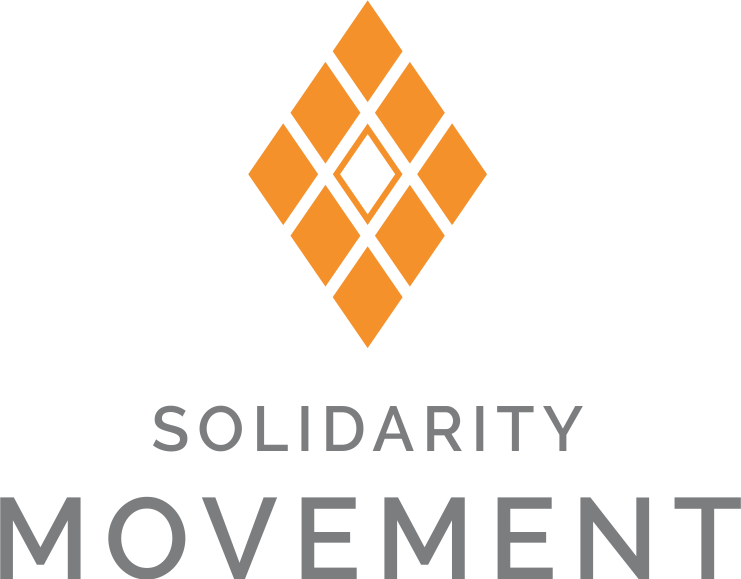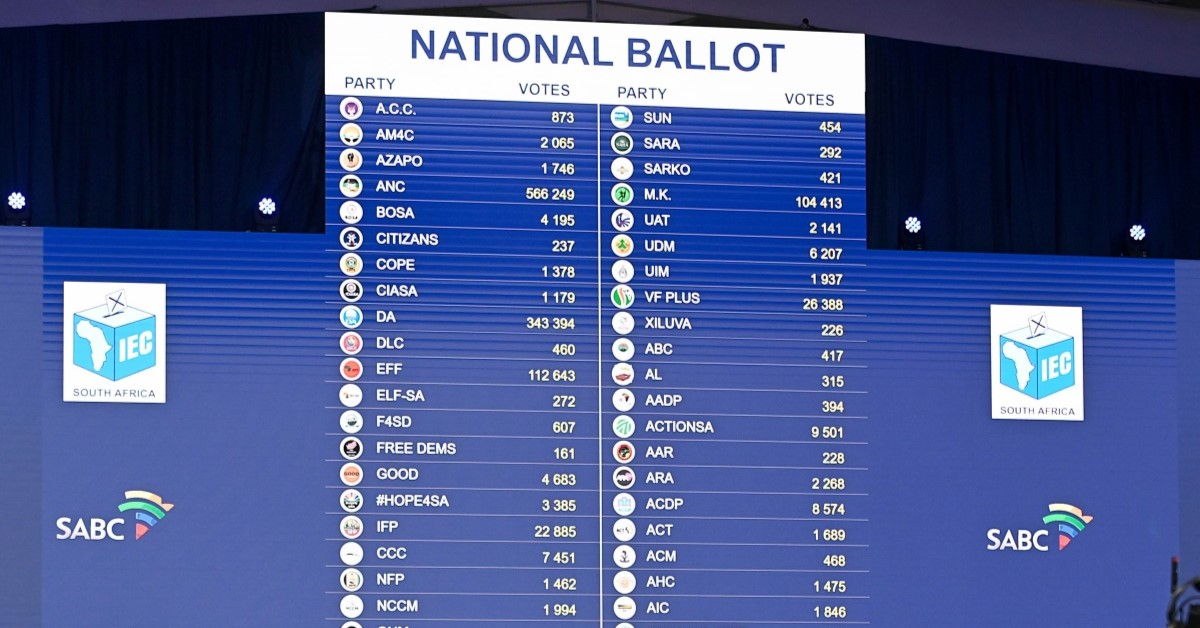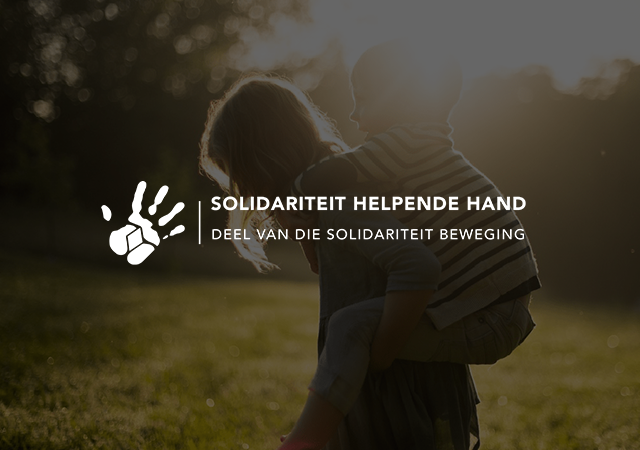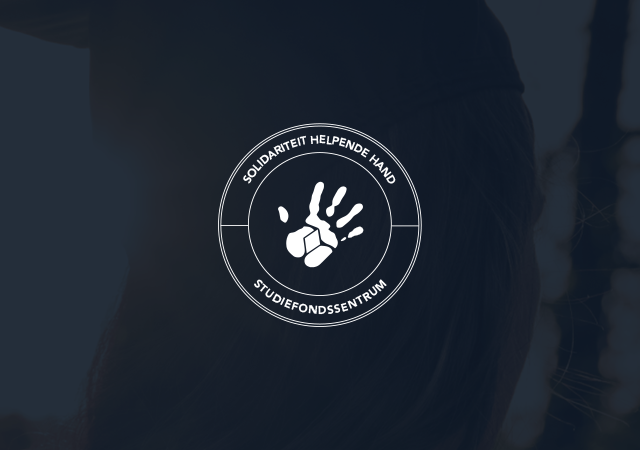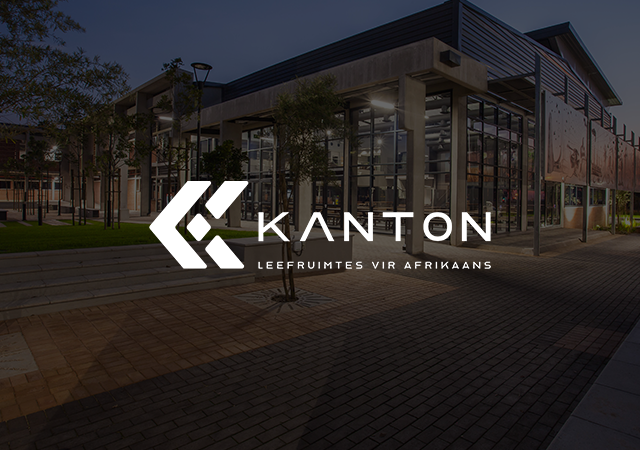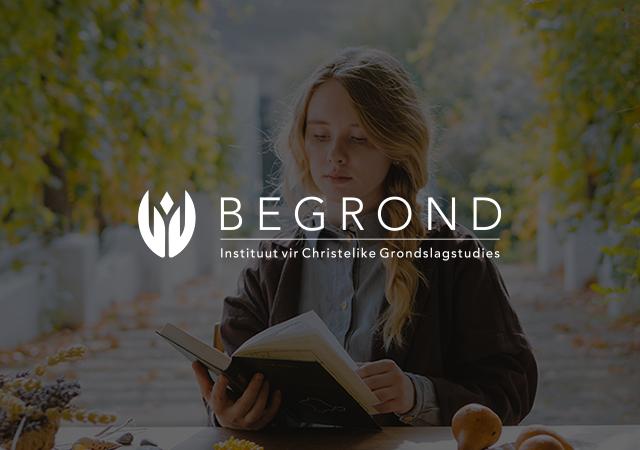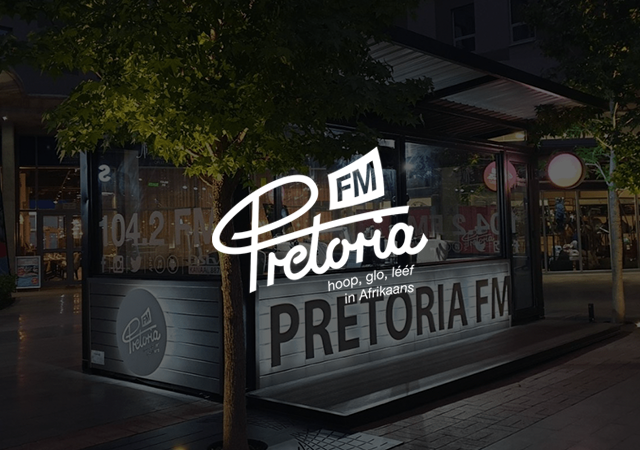The ANC (African National Congress), which has ruled South Africa with majority governments since 1994, lost its majority for the first time ever last week when the party’s support fell from 57% to 40%. The party also lost its majority in three provinces, Gauteng, the Northern Cape and KwaZulu-Natal, while the opposition Democratic Alliance retained control of the Western Cape. South Africa will henceforth be governed by coalitions or opposition parties at national level, as well as in four of the nine provinces.
It is clear that a large majority of South African voters are angry about the corruption, mismanagement and missed opportunities that have made South Africa a near-failing state with some of the highest unemployment, poverty and crime rates in the world. South Africa’s infrastructure is crumbling, there are large electricity shortages, the government’s debt is increasing sharply, the economy has completely stagnated and started to shrink again during the first quarter of 2024 and foreign investors are systematically withdrawing from the country.
A large majority of black South Africans have a historical bond with the ANC because they have always felt that this party deserves credit for ending Apartheid. However, these same black people are increasingly outraged at the enrichment of a small group of black leaders who use government contracts and corruption to enrich themselves at the expense of poor black communities.
While black voters sought other political destinations, many simply refused to vote. Over the past ten years, there has been a continuous decline in the voting percentage among black South Africans. It fell to a historic low in this year’s election. While less than two-thirds of eligible voters were registered to vote, only 58% of registered voters went to vote. This means that less than 40% of those entitled to vote participated in the election. Only one third of black voters went to vote.
The decision not to register as a voter or not to vote is a clear protest by black South Africans who still struggle to vote for a party other than the ANC. However, where other parties with black leaders came to the fore, voters did swing away from the ANC in large numbers.
In Kwazulu-Natal the ANC’s support dropped from 60% to less than 20%. It was a clear ethnic Zulu protest vote because a majority of Zulus feel that the ANC has turned its back on the Zulu population and that most Zulu leaders have been thrown out of the party. The former president Jacob Zuma’s new MK party, although dangerously radical, therefore tapped into this feeling of alienation from Zulu voters and was able to win 45% of the votes in the province and thus also become the third largest party nationally.
In Gauteng, ANC voters also defected to other parties, which dropped the party’s support from more than 50% to just 35%. In the Northern Cape, poor coloured voters, formerly ANC supporters, voted for the new populist Patriotic Alliance. In the Eastern Cape, the home of Xhosas and a heartland of the ANC, the party’s support also fell and small black parties such as the United Democratic Movement grew considerably.
The radical Economic Freedom Fighters (EFF) of Julius Malema who are known for their singing of the song “Kill the Boer, Kill the Farmer” have also lost support which is a good indicator that the space for racist, hateful parties is limited.
White voters went to vote in large numbers with the turnout among whites being over 80%. White voters also voted very strategically and mostly cast their vote for the liberal Democratic Alliance, which cost more conservative parties such as the Freedom Front Plus considerable support.
Various political parties will now have to work together to establish workable and stable governments at national level but also in provinces such as Gauteng, still the economic heartland of South Africa and Kwazulu-Natal, also a major economic centre.
South Africa is a country that is already in a multi-faceted and deep economic, political and social crisis. The country’s education, police service, infrastructure, fiscal policy and most other government services are in crisis. Foreign investors are leaving the country while the highly skilled are emigrating at an accelerating rate. Populist leaders threaten violence, uprisings and anarchy. Ultimately, wise leadership will be needed to put the country back on the winning track.
The Solidarity Movement, as the largest representative of minorities and in particular Afrikaners, gave its conditional support for a type of multi-party government, with the exclusion of radical parties, because the ANC cannot be trusted to govern alone. The Movement also said it will participate in a national dialogue to put South Africa on a new path, where everyone gels can enjoy equal treatment without racial laws.
The Movement, however, said its conditions for support include political space for cultural self-realization, the scrapping of the Bela draft law (which wants to nationalize education) and the NHI law (which places all health care with the government and seriously threatens private health care), and market-friendly economic policies that will promote growth, job security and job creation.
The political changes may be an opportunity for South Africa but it also create numerous risks. Only time will tell which way the country will go.
